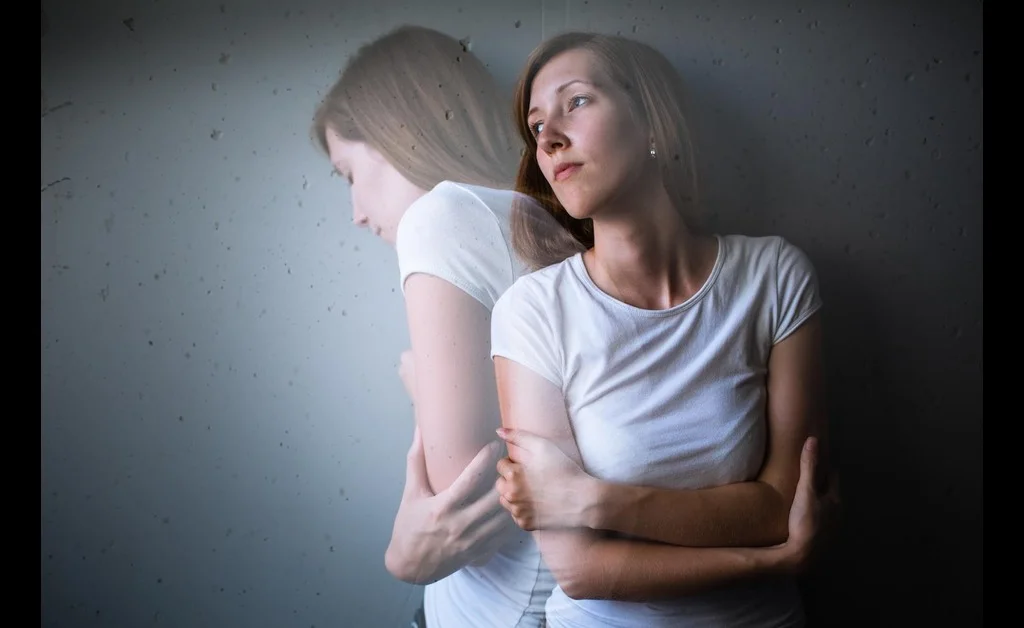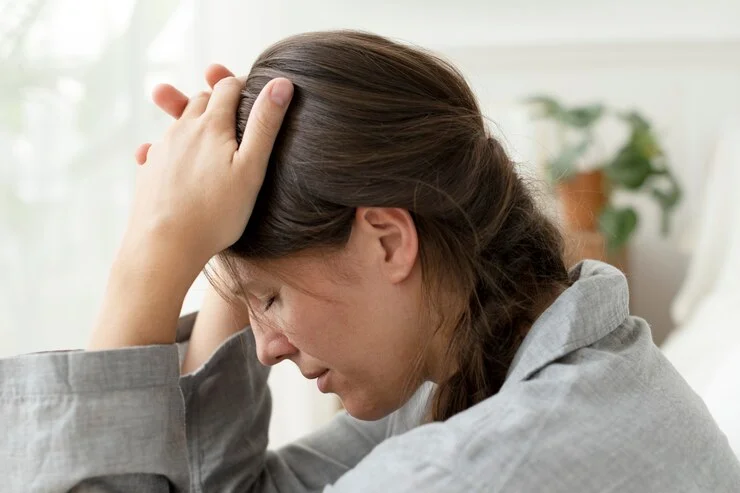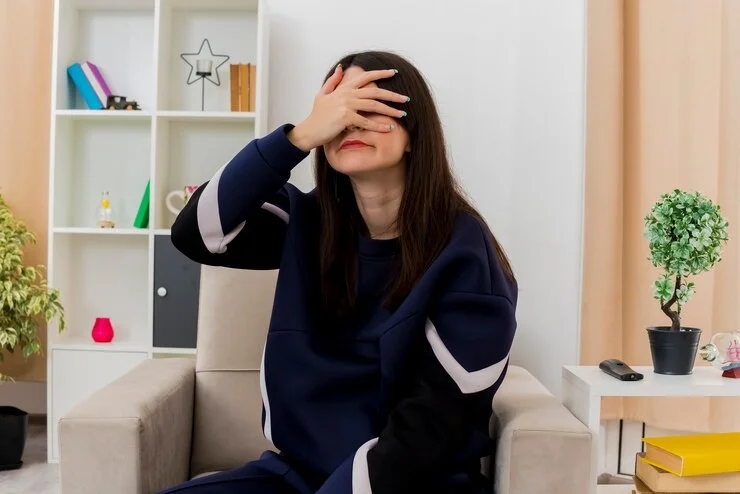Introduction
When we think of depression, emotions like sadness, hopelessness, and a lack of motivation often come to mind. However, this mental health condition can manifest itself in many physical ways too. In fact, some people with depression primarily experience physical symptoms, while the emotional ones may be less apparent.
Depression is a complex illness that can affect the entire body, not just the mind. It’s important to recognize these physical signs because many individuals overlook or dismiss them, delaying treatment and allowing the condition to worsen over time.
In this comprehensive guide, we’ll explore 13 common physical symptoms of depression that you should be aware of. By understanding how this mental health issue can impact your body, you’ll be better equipped to identify when professional help may be needed.
What is Depression?
Before diving into the physical symptoms, let’s first define what we mean by depression. Clinical depression, also known as major depressive disorder, is a mental health condition characterized by persistent feelings of sadness, loss of interest in activities, and a general low mood that interferes with daily life.
Depression is surprisingly common, affecting millions of people worldwide. According to the World Health Organization (WHO), over 264 million people globally suffer from depression. It can be caused by a combination of genetic, environmental, and chemical factors, such as imbalances in brain chemicals like serotonin and dopamine.
How Depression Affects the Body
The mind and body are intricately connected, and mental health conditions like depression can have a profound impact on physical well-being. Here’s how depression can affect the body:
- Chronic Stress and Inflammation: Depression is often accompanied by high levels of stress, which can lead to chronic inflammation in the body. This inflammation can contribute to various physical symptoms and even increase the risk of certain diseases.
- Hormonal Imbalances: Depression can disrupt the normal functioning of the endocrine system, leading to imbalances in hormones like cortisol, thyroid hormones, and sex hormones. These imbalances can cause a variety of physical symptoms.
- Neurotransmitter Dysregulation: Depression is linked to imbalances in neurotransmitters like serotonin, dopamine, and norepinephrine, which play crucial roles in regulating mood, sleep, appetite, and other bodily functions.
By understanding these underlying mechanisms, it becomes easier to see how depression can manifest in physical ways, not just emotional ones.
13 Physical Symptoms of Depression
Here are 13 common physical symptoms that you may experience if you’re suffering from depression:
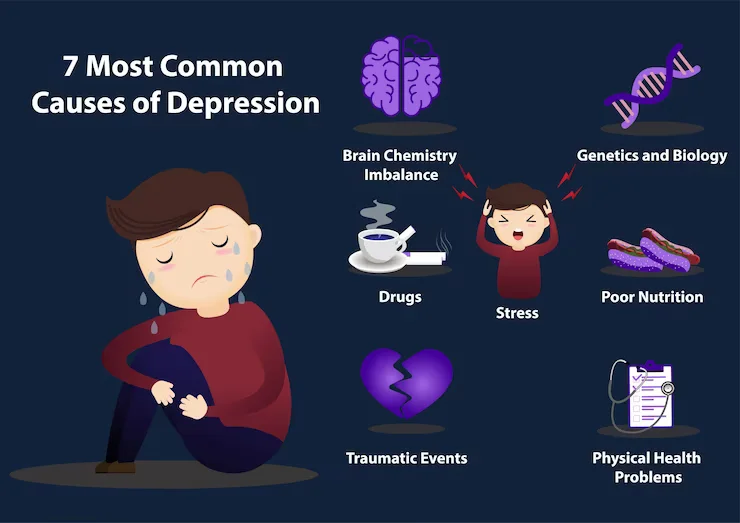
1. Fatigue and Exhaustion
One of the most prevalent physical symptoms of depression is persistent feelings of fatigue and exhaustion, even after getting enough sleep. This can make it challenging to perform daily tasks and can significantly impact your quality of life.
2. Insomnia or Hypersomnia
Depression can disrupt your sleep patterns, leading to either insomnia (difficulty falling or staying asleep) or hypersomnia (excessive sleeping). Both conditions can leave you feeling drained and unrested.
3. Changes in Appetite and Weight
Depression can cause significant changes in appetite, leading to either weight gain or weight loss. Some people with depression may experience a loss of appetite and unintentional weight loss, while others may turn to comfort foods and gain weight.
4. Body Aches and Pain
Unexplained body aches and pains, such as back pain, muscle aches, and joint pain, are common physical symptoms of depression. This is thought to be related to the inflammation and stress associated with the condition.
5. Headaches
Frequent headaches, including migraines, can be a manifestation of depression. The exact link between the two is not fully understood, but it’s thought to be related to changes in brain chemistry and stress levels.
6. Digestive Issues
Depression can wreak havoc on your digestive system, leading to symptoms like constipation, diarrhea, nausea, and abdominal pain. This is likely due to the impact of stress and inflammation on the gut.
7. Weakened Immune System
Depression has been linked to a weakened immune system, making you more susceptible to illnesses like colds and flu. This can be attributed to the chronic stress and inflammation associated with the condition.
8. Dizziness and Vertigo
Some people with depression experience episodes of dizziness or vertigo (a spinning sensation), which can be related to changes in brain chemistry and neurotransmitter levels.
9. Chest Pain and Heart Palpitations
While not as common, some individuals with depression report experiencing chest pain or heart palpitations. This may be related to the increased stress and inflammation associated with the condition, which can impact cardiovascular health.
10. Shortness of Breath
Depression can sometimes cause shortness of breath or a feeling of tightness in the chest, even without physical exertion. This may be due to the impact of stress and anxiety on breathing patterns.
11. Muscle Tension and Cramps
Chronic muscle tension and cramps, particularly in the neck, shoulders, and back, can be a physical manifestation of depression. This is likely related to the increased stress and anxiety levels associated with the condition.
12. Impaired Motor Skills
In severe cases of depression, some individuals may experience impaired motor skills, such as uncoordinated movements or difficulty with fine motor tasks. This can be related to the impact of depression on brain function and neurotransmitter levels.
13. Libido Changes
Depression can significantly impact sexual desire and function, leading to either a decreased libido or, in some cases, an increased libido. This can be caused by hormonal imbalances and changes in brain chemistry.
It’s important to note that not everyone with depression will experience all of these physical symptoms, and some may experience only a few or even none at all. However, if you’re experiencing multiple physical symptoms without a clear medical explanation, it’s worth considering the possibility of an underlying mental health condition like depression.
When to Seek Professional Help
If you’re experiencing several of the physical symptoms listed above, along with persistent feelings of sadness, hopelessness, or loss of interest in activities you once enjoyed, it’s crucial to seek professional help. Early intervention can make a significant difference in managing depression and preventing it from worsening.

Here are some signs that it’s time to talk to a doctor or mental health professional:
- You’ve been experiencing physical symptoms for an extended period (more than a few weeks) without improvement.
- Your symptoms are interfering with your daily life, work, or relationships.
- You’re having thoughts of self-harm or suicide.
- You’re struggling to cope with overwhelming feelings of sadness or hopelessness.
Depression is a treatable condition, and there are various forms of treatment available, including:
- Therapy: Psychotherapy, such as cognitive-behavioral therapy (CBT) or interpersonal therapy, can help you identify and change negative thought patterns and behaviors contributing to your depression.
- Medication: Antidepressants and other medications can help regulate brain chemicals and alleviate symptoms of depression.
- Lifestyle Changes: Incorporating healthy habits like regular exercise, a nutritious diet, stress management techniques, and strong social support can significantly improve depression symptoms.
Remember, seeking help is a sign of strength, not weakness. Don’t hesitate to reach out for support if you’re struggling with depression or any other mental health issue.
Coping With Physical Depression Symptoms
While seeking professional treatment is crucial, there are also some practical steps you can take to help manage the physical symptoms of depression:
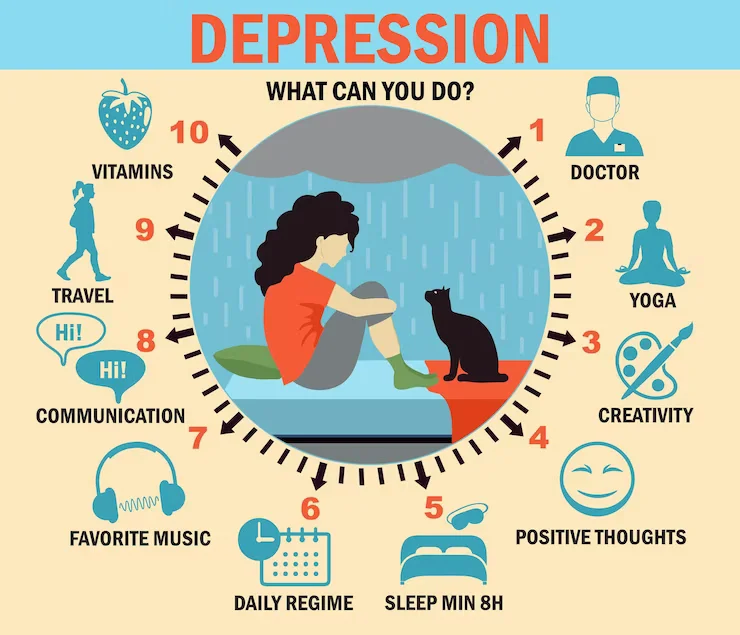
Diet and Nutrition
Eating a balanced, nutritious diet can help alleviate some physical symptoms of depression. Focus on incorporating plenty of fruits, vegetables, whole grains, lean proteins, and healthy fats into your meals.
Additionally, certain nutrients like omega-3 fatty acids, vitamin D, and B vitamins have been shown to have a positive impact on mood and mental health.
Exercise and Physical Activity
Regular physical activity can be incredibly beneficial for managing depression symptoms, both physical and emotional. Exercise releases endorphins, which can improve mood and reduce stress levels.
Aim for at least 30 minutes of moderate exercise most days of the week, such as brisk walking, swimming, or cycling. However, even small amounts of movement can make a difference, so start with what you can manage and gradually increase as you feel able.
Stress Management Techniques
Chronic stress can exacerbate physical symptoms of depression, so it’s essential to find healthy ways to manage it. Techniques like deep breathing exercises, meditation, yoga, or engaging in enjoyable hobbies can help reduce stress levels and promote relaxation.
Support System
Having a strong support system can be invaluable when dealing with depression. Surround yourself with understanding friends and family members who can offer emotional support and encouragement. You may also consider joining a support group to connect with others who are going through similar experiences.
Remember, recovering from depression is a journey, and it’s essential to be patient and kind to yourself along the way. With the right support and coping strategies, it’s possible to manage both the physical and emotional symptoms of this condition and regain a sense of well-being.
People Also Ask
What are the emotional symptoms of depression?
In addition to physical symptoms, depression can also manifest through emotional symptoms such as persistent sadness, loss of interest or pleasure in activities, feelings of worthlessness or guilt, irritability, and thoughts of self-harm or suicide.
Can depression cause weight gain or weight loss?
Yes, depression can lead to significant changes in appetite and weight. Some individuals may experience weight loss due to a decreased appetite, while others may gain weight due to overeating or comfort eating.
Do physical symptoms go away with treatment?
Yes, with proper treatment and management of depression, many of the physical symptoms can improve or even resolve entirely. However, it’s important to be consistent with treatment and give it time to take effect.
What should I do if I think I’m depressed?
If you suspect you may be struggling with depression, it’s crucial to seek professional help from a licensed mental health professional or your primary care physician. They can provide an accurate diagnosis and recommend appropriate treatment options.
How can I support a loved one with depression?
Supporting someone with depression can be challenging, but it’s essential to be patient, understanding, and non-judgmental. Encourage them to seek professional help, offer to accompany them to appointments, and engage in self-care activities together. However, it’s also important to set boundaries and prioritize your own well-being.
By addressing the physical symptoms of depression and seeking appropriate treatment and support, it is possible to manage this condition and improve overall well-being.
